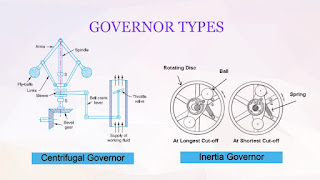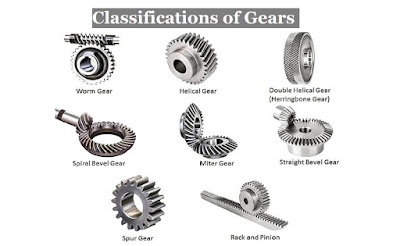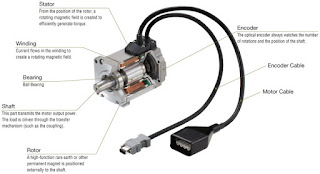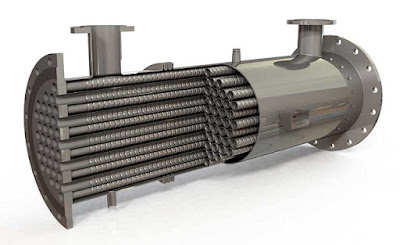Steve Wynn, EJOT’s sales manager for industrial fastenings in the UK walks us through products and systems that are contributing to the drive for lighter vehicle assembly, beginning with the area of vehicle chassis assembly known as ‘body-in-white’:
EJOT ALtracs Plus: Direct assembly into cast holes
Developed specifically for use with aluminium and magnesium, the ALtracs Plus screw creates a high strength of joint whilst fixing directly into pre-cast holes. A typical example would be an electrical motor hosing assembly. Traditionally engineers work to the standard L=2D formula when calculating fastener specifications. With ALtracs-Plus, the formula is reduced to L=1.5D, leading to a significant reduction in steel even where a moderate quantity of fasteners are deployed.
EJOT SHEETtracs: Secure joints into thin sheet metal via pilot hole
The weight reduction program means that reduced gauge sheet metal is now commonly used and in many cases is thinner than the pitch of a standard sheet metal screw. This results in screws installing on the thread helix angle. With a significantly reduced flank angle engineered into its design, the self-tapping SHEETtracs screw forms an extrusion, displacing metal and engaging more thread to provide a process-reliant assembly of sheet metal joints less than 1.5mm thickness. Giving advantages in areas such as roof assembly.
EJOT FDS: High strength sheet metal joints with no pilot hole
The FDS screw delivers the same application benefits as SHEETtracs but introduces the possibility of eliminating the pre-drilled pilot hole. A polygonal point and conical thread-forming zone ensure easy flow drilling by heating the metal – and in turn, greater thread engagement is created in the formed draught. Where the grade and thickness of steel and aluminium allows, a single-sided assembly process with no backing elements ensures a high strength joint with high resistance to vibration.
EJOT EJOWELD: Joining lightweight materials to thin sheet boron steel
Five years in development, the EJOWELD process is arguably the most positive response to demands for lighter vehicles. The EJOWELD system joins light-weight alloys, to thin sheet boron steel of up to 1800 megapascals using a sophisticated friction-weld process. Such materials cannot be secured by traditional methods – the key is two specially developed EJOT components; a pin (CFP) for single-sided fixing, and a component friction fastener (CFF) for double-sided access.
From the first axial load application, the EJOT component reacts to high revolutions by penetrating through the top material layer, then under-filling the two materials as one. This four-stage process is completed in typically less than 2s, creating a strong join.
EJOT Delta PT: Direct assembly for thermoplastics
A direct progression of the original EJOT PT screw, Delta PT also has industry-wide recognition as the solution for direct assembly into thermoplastics. Its thread geometry creates low surface pressure whilst delivering high clamp loads, even in thin-walled assemblies. A range of tightening torques creates a cost-effective solution for standardized parts.
Delta PT-P: Direct assembly for unreinforced plastics
Taking weight reduction a stage further, EJOT has introduced a plastic version of the metal Delta PT screw; Delta PT-P.
Offering the same key benefits as its metal counterpart, this version has been developed for applications where the material being thread-formed into has lower strength properties than the fastener itself, hence it makes sense to equalize the screw and the material to be fastened. Manufactured from EMS Grivory HTV 5H1, the EOT Delta PT-P now makes it practical for unreinforced plastic to be commercially viable for the self-tapping assembly processes.
EJOT EPPsys: Fastening systems for expanded polypropylene
Foamed components are integral to the steer towards lighter vehicles. In response to this, the EJOT EPP System (EPPsys) fastens parts to foamed components, typically expanded polypropylene (EPP). As part of this broad application-specific product range, EJOT developed EPPsys RSD – a unique boss that provides effective fastening for foams and honeycomb elements via a friction-welding process that leaves the product embedded within the EPP.
Project Management and technical support – from concept to post-production
Given that, broadly speaking, the development of a product represents around 10% of the overall cost and determines about 70% of the final product’s cost, for weight-reduction solutions to be viable, getting the joining technology right is critical at conceptual stages.
EJOT’s application engineering services are supported by sophisticated forecasting and prognosis software that provides designers with accurate data on product performance that results in accurate implementation all the way through to production.
Currently, our development teams are assisting designers and manufacturers with the quest to join lightweight carbon fiber materials as the next step in lightweight vehicle construction. Such is the nature of these materials that each proposition requires a single solution, determined by the exact composition of the carbon fiber and its intended application. Such concept engineering brings EJOT’s ability to provide individual consultative support to designers into its own.















Comments
Post a Comment